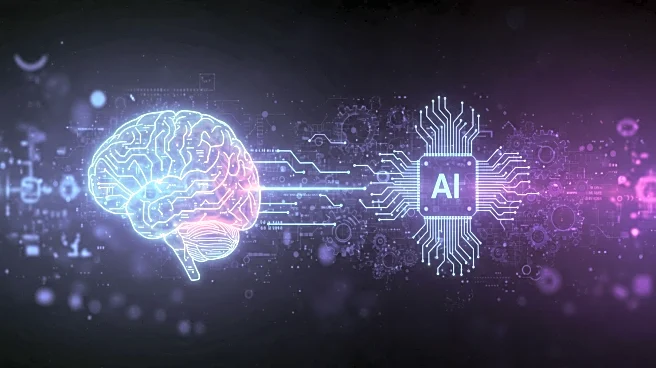What's Happening?
A report from Resume.org indicates that a third of U.S. workers familiar with their company's hiring practices believe AI tools will manage the entire hiring process by 2026. Currently, 57% of companies use AI in hiring, with 74% reporting improved hire quality. However, concerns persist about AI potentially screening out qualified candidates, introducing bias, and lacking human oversight. Companies are advised to be transparent about AI's role in hiring to build trust and meet compliance standards. AI is commonly used for resume reviews, candidate assessments, communication, and onboarding. Among companies using AI for interviews, half allow AI to conduct interviews directly, while others retain human oversight.
Why It's Important?
The increasing reliance on AI in hiring processes could significantly impact the job market and recruitment practices in the U.S. While AI can streamline hiring and improve efficiency, it also raises ethical concerns about bias and fairness. Companies that fail to address these issues may face reputational risks and legal challenges. The shift towards AI-driven hiring processes could also affect job seekers, who may need to adapt their strategies to stand out in an AI-filtered environment. This trend underscores the need for policies governing the ethical use of AI in hiring to ensure fair and effective practices.
What's Next?
As AI use in hiring grows, companies may need to implement or update policies to govern its ethical use. This could involve increased transparency about AI's role in hiring and ensuring human oversight in decision-making processes. Stakeholders, including job seekers and hiring managers, may need to adapt to the evolving landscape by developing new skills and strategies. The broader adoption of AI in hiring could also prompt regulatory scrutiny and potential legislative action to address ethical concerns and ensure compliance with evolving standards.









